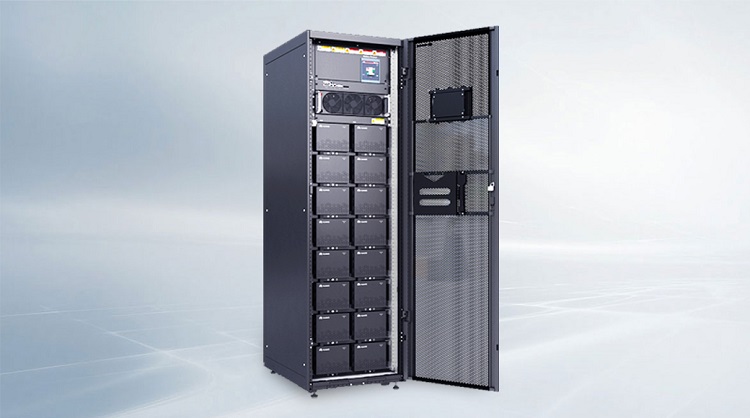Singapore’s economy relies heavily on precision, speed, and uninterrupted connectivity. As industries modernise and adopt advanced technologies, the need for stable power infrastructure grows stronger. From government operations to logistics and healthcare, continuous power is vital to support round-the-clock services.
The use of an uninterruptible power supply Singapore has become a critical safeguard against disruptions. Businesses cannot afford sudden shutdowns during data processing, cloud operations, or communication exchanges. UPS systems provide essential backup by supplying consistent voltage and filtering power disturbances before damage occurs.
Table of Contents
Why Reliable Power Matters to Key Sectors
Mission-critical industries rely on stable electricity to operate their hardware, manage workloads, and protect sensitive data. Financial institutions process high-volume transactions and require low-latency environments. Any voltage drop could compromise transactional integrity. Similarly, in the healthcare sector, life-support systems, diagnostic equipment, and patient record systems require stable power. A brief outage can disrupt service continuity and lead to delayed response times.
The logistics and transport sectors also function on synchronised networks. Warehousing tools, automated sorting systems, and shipment tracking technologies all rely on power availability. Unplanned outages disrupt supply chains and lead to delivery delays. These industries use backup power to maintain coordination and avoid downtime.
Data Centres and Cloud Infrastructure Growth
Singapore is a regional hub for data centres. The city-state’s digital infrastructure supports cloud computing, enterprise IT, and artificial intelligence workloads. Large-scale facilities are designed to operate continuously. Even brief outages in these environments can result in lost data packets, delayed computation, or unexpected hardware stress.
UPS systems installed at various levels within a facility help regulate input and stabilise performance. They supply battery power when incoming electricity fails, bridging the gap until generators activate. This layered approach protects not only servers but also firewalls, storage arrays, and monitoring equipment.
Smart Manufacturing and Industrial Automation
Singapore’s smart factories use industrial robots, production lines, and control systems that rely on high-precision inputs. These tools operate within tightly timed sequences. Even minor disruptions can affect product consistency or halt production in the middle of the process.
Uninterruptible power setups help manage transitions during outages, supporting system continuity. Automation routines remain uninterrupted, preserving productivity and equipment lifespan.
What Power Solutions Providers Typically Offer
Power solutions providers in Singapore offer support across multiple sectors. Services include system design consultations, installation of scalable UPS units, and preventive maintenance. Each solution is tailored to the facility’s operational load, environmental conditions, and backup duration requirements.
Some suppliers also integrate remote monitoring, helping teams detect real-time anomalies. Modular UPS systems can adapt as infrastructure expands, allowing businesses to scale without major overhauls. Support offerings typically include battery replacements, system testing, and compliance evaluations for data-sensitive operations.
Government, Compliance, and Energy Standards
Singapore enforces strict regulations for power quality and continuity, particularly in facilities that handle personal data or financial information. UPS systems help ensure compliance with standards established by regulatory bodies. Regular audits often assess a company’s ability to maintain service during outages. Facilities without sufficient backup may risk penalties or service disruptions.
Lifecycle Management and Technical Support
Some providers offer complete lifecycle management for UPS systems. This includes load assessments, performance benchmarking, and system upgrades to match evolving operational needs. They help maintain uptime, reduce operational risks, and ensure that backup power infrastructure remains aligned with current performance and safety standards.
The need for resilient, uninterrupted power continues to grow as Singapore deepens its reliance on data-driven operations. In this environment, the uninterruptible power supply in Singapore has become increasingly vital, supporting critical functions that cannot afford disruption. UPS technology plays a key role in maintaining stability, ensuring regulatory compliance, and aligning digital infrastructure with evolving demands. As industries scale and modernise, reliable backup power remains a cornerstone of sustainable success.

